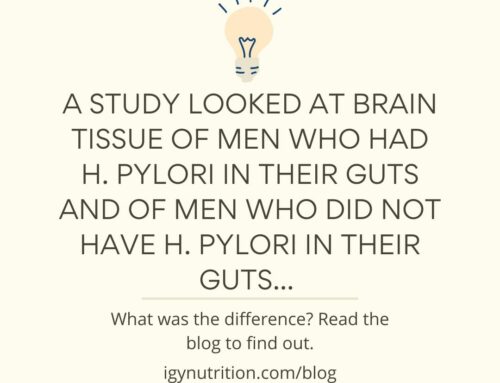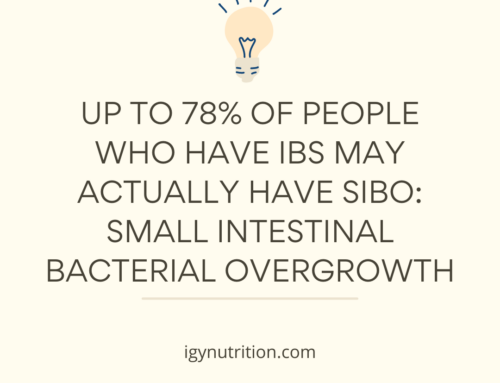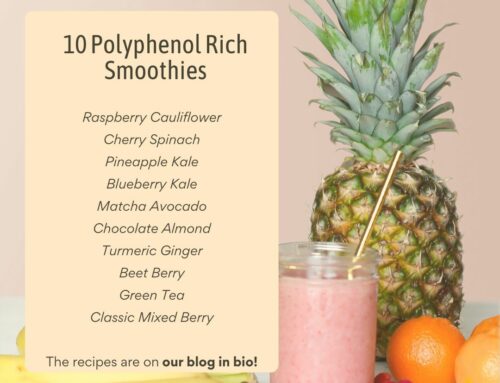The idea that you need to detox or cleanse to get rid of toxins in the body has become very popular and has created a big market for drinks, diets, fasts, supplements, and enemas.
However, according to Natural Standard, an organization that analyzes and validates scientific data on integrative medicine, there is insufficient evidence to support the idea that our bodies need help outside their natural detoxification processes or that popular detox procedures even do what they say [1].
In fact, no rigorous clinical investigations of detox diets or supplements have been conducted. As for the handful of studies that have been published, these are poorly designed in that they have small sample sizes, sampling bias, lack of control groups, reliance on self-report, and qualitative rather than quantitative measurements [2].
Despite the widespread popularity of detox diets, the term ‘toxin’ remains ill-defined. In the context of commercial detox diets, the term ‘toxin’ has adopted a much hazier meaning; encompassing pollutants, synthetic chemicals, heavy metals, processed foods, and other potentially harmful products of modern life.
Moreover, commercial detox regimens rarely identify the specific toxins they are trying to remove or the mechanisms by which they eliminate them, making it difficult to investigate their claims.
Their approach to detoxification generally involves pathways that promote the excretion of chemicals and their metabolites in sweat, urine, and stool.
And while detox advertising makes it seem like chemicals can be divided into ‘good’ and ‘bad’ categories, in reality, it is the dose and the balance of substances that cause an issue for most chemicals [2].
With all the hype about detox, an important fact that often gets completely overlooked is that if you eat a healthy diet, drink plenty of water, and exercise, you will expose yourself to fewer toxins, and your body will excrete those that you do come in contact with.
In essence, just by practicing a healthy lifestyle, you can support the body’s natural filtration pathways.
Let’s not forget, the human body is well equipped with its own detoxification system: the lungs, kidneys, colon, lymphatic system, and, of course, the liver.
Similarly, in addition to supporting healthy digestive function, maintaining a healthy balance of bacteria in your gut plays an important role in the “detox” process.
For example, there are two specialized defense and protection systems at the tissue level, namely intestinal alkaline phosphatase (IAP) and inducible heat shock proteins (iHSPs). Both of them are modulated by the microbiota and the diet.
Due to their potent anti-inflammatory and antioxidant capacities, they confer gut epithelial (and body) protection against pathogens and toxins [3].
The takeaway? When healthy bacteria populate the digestive tract, the body can function more efficiently, and expel toxins on its own. Therefore, individuals can maintain their natural detox system by simply preventing dysbiosis.
Watch the rest of the gut busters videos here!
References:
-
Palmer S. Cracking Myths — Experts Bust Digestive Health’s Top Misconceptions. Today’s Dietitian. 2011;13(4):24.
-
Klein A.V. & Kiat H. Detox diets for toxin elimination and weight management: a critical review of the evidence. J Hum Nutr Diet. 2015; 28;675–686. doi: 10.1111/jhn.12286.
-
Lallès J-P. Microbiota-host interplay at the gut epithelial level, health and nutrition. Journal of Animal Science and Biotechnology. 2016;7:66. doi:10.1186/s40104-016-0123-7.
#detox #toxins #gutflora #gut #guthealth #diet #detoxdiet #healthylifestyle #body #microbiota #microbiome #bacteria #dysbiosis



